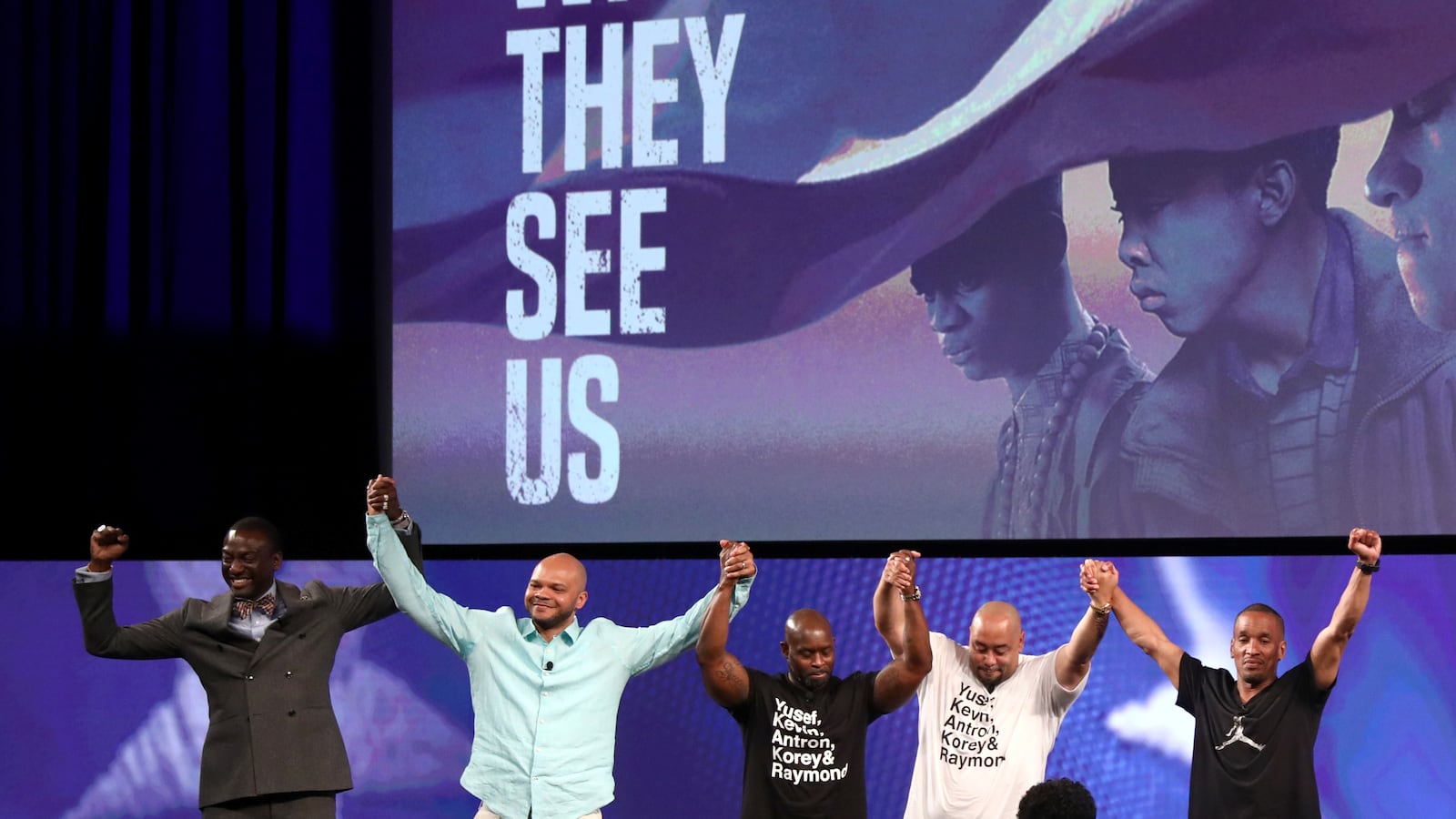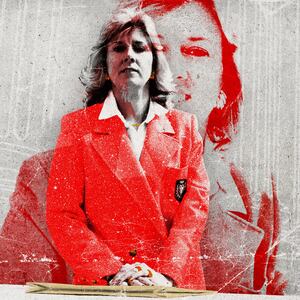After four years, Central Park Five prosecutor Linda Fairstein’s defamation lawsuit against Netflix and When They See Us director Ava DuVernay is expected to come to trial in June. But before arguments begin in the Manhattan federal court, DuVernay and the Netflix team want the jury to watch their complete series about the infamous 1989 case.
The four-part 2019 series follows the high-profile case of Trisha Meili, a 28-year-old white woman who was assaulted during a jog in Manhattan’s Central Park. Five teenagers—all Black or Hispanic—were coerced to confess their role in the crime, despite evidence showing they did not rape or beat Meili. In 2002, their convictions were vacated after new DNA evidence and another man’s confession.
The group, dubbed the “Central Park Five,” were later awarded $41 million in a lawsuit against the city in a case widely viewed as an example of racial profiling in the criminal justice system.
Fairstein, a 76-year-old former New York prosecutor, claimed in the March 2020 lawsuit that the popular series damaged her personal and professional reputation by portraying her as a “racist, unethical villain who is determined to jail innocent children of color at any cost.”
“The portrayal of Ms. Fairstein in the film series was deliberately calculated to create one, clear and unmistakable villain to be targeted for hatred and vilification for what happened to The Five,” Fairstein’s lawsuit states.
The lawsuit also claims the show falsely suggested that she was a racial profiler, withheld evidence, coerced confessions, and forced her colleagues to prosecute the Central Park Five. After the show’s release, Fairstein was dropped by her publisher and forced to resign from several boards and Vassar College.
In a Friday motion, DuVernay and her co-defendants argue that in order for the jury to fully understand the arguments and evidence during the trial, they need to view the whole series beforehand. The motion argues that the jury only needs to view the show once to ensure they have the full context to enter the trial without any distorted perception of the series.
“In addition, viewing the series as a whole and at the outset is the only way jurors can truly experience the scenes at issue in the series the way an ordinary viewer would have, i.e., without knowing which specific portions are at issue or what legal positions have been asserted—and untainted by the arguments of counsel,” the motion added.
“If the jury were to only view isolated clips from the series in openings, wrenched from their context, that would contravene basic principles of New York defamation law, confuse the jury, and unfairly prejudice defendants.”
DuVernay and her co-defendants have long insisted that their series is a dramatization of the Central Park Five and that it was produced under the First Amendment. In September, Judge Kevin Castel ruled that Fairstein produced enough plausible evidence that DuVernay, Netflix, and the show’s writer-producer Attica Locke, acted with actual malice in five scenes of the series and could stand trial.
Lawyers for Fairstein, Netflix, DuVernay, and Locke did not immediately respond to a request for comment.







